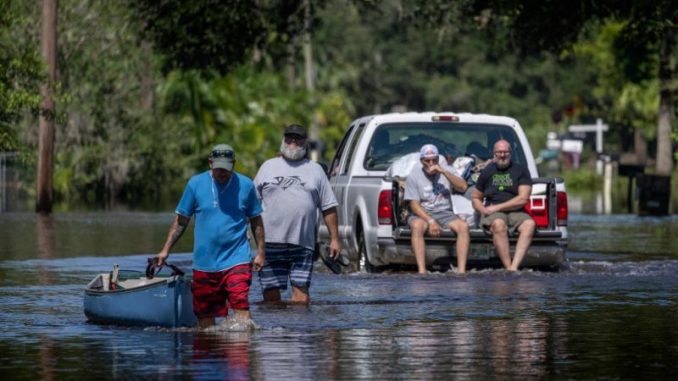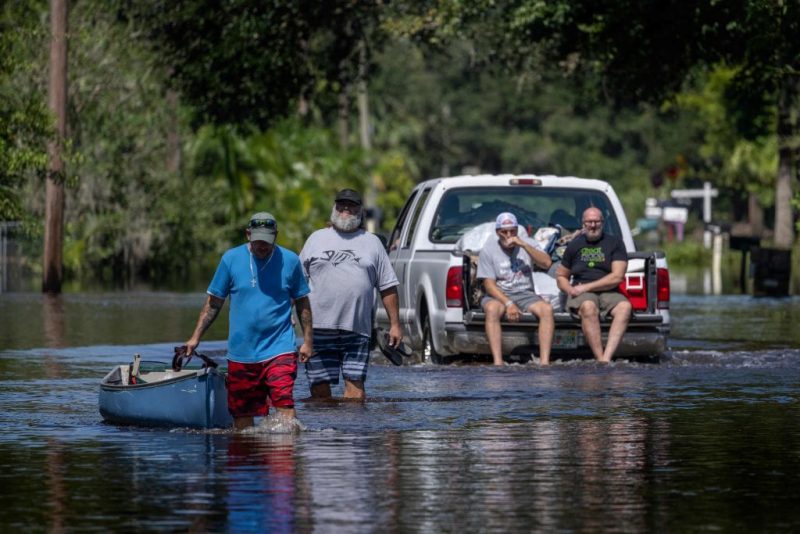

OAN Newsroom
UPDATED 2:22 PM PT – Wednesday, October 19, 2022
Several people are dead in Florida due to a flesh-eating bacterium which thrives in standing water.
According to the Florida Department of Public Health (FDPH), there have been at least 11 deaths in the state and 65 confirmed cases of Vibriovulnificus infections in 2022 so far. This occurrence marks the first time Florida has had more than 50 cases of bacterial infection since 2008.
K.C. Schulberg, the Collier Country Waterkeeper, spoke about why the flesh-eating bacteria is now appearing.
“Ian created a lot of havoc,’ he said. “Essentially it created a tidal wave that came on land, but when it receded off the land, it carried a lot of bacteria into the water.”
FDPH has issued a warning about the dangers of the bacteria. The department has been urging residents to exercise caution amid the abnormal increases in cases. The bacteria lives in warm brackish waters and it spreads in areas that have extensive flooding. The flesh-eating bacteria enters the body through open wounds, leading to skin breakdown, ulcers and even death.
“Vibrio, which is in the cholera family, can cause necrosis of soft tissue in the human body,” Schulberg added. “You can lose an arm. You can lose a leg. You can lose your life. That’s what’s in these waters. You need to be really, really careful.”

Be the first to comment